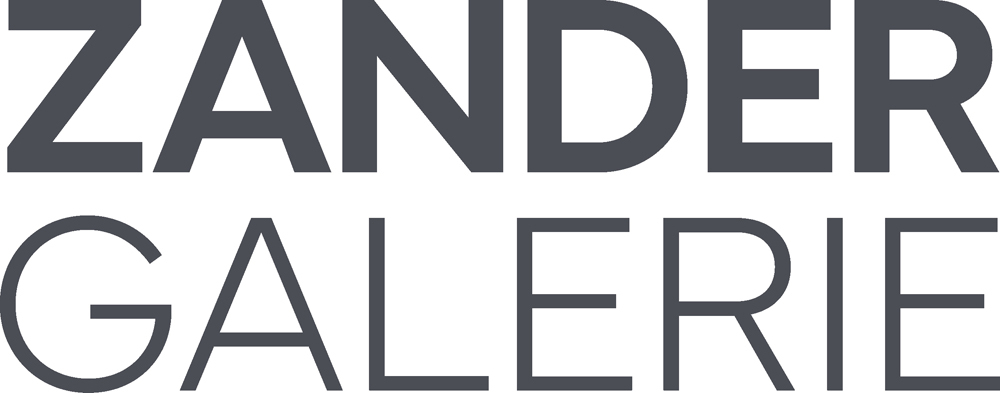LEE FRIEDLANDER Street - The Human Clay
An exhibition of street photographs by Lee Friedlander, taken over the course of more than fifty years, is on view on the Second Floor. One of the most renowned American photographers, Friedlander reflects the modern, often alienated everyday life in his black and white images and is regarded as a critical observer of the American way of life. Since the early 1960s his work has been the subject of numerous international exhibitions and has continually been accompanied by his book publications. As early as 1967 his works were included in the seminal group show New Documents alongside the photographs of Diane Arbus and Garry Winogrand at the Museum of Modern Art in New York. The exhibition, which was curated by John Szarkowski, has figured as a formative influence on the visual vocabulary of subjective documentary style photography until today. Many of Friedlander’s images are among the icons of American photography and have become contemporary documents of our time. In Friedlander’s most recent series of books, The Human Clay, images of people in their surroundings are presented together thematically, chosen and sequenced by the artist himself from his vast archive, many never before published. The series encompasses portraits, images of the artist’s family and now the latest volume Street (Yale University Art Gallery, 2016). Friedlander prefaces his newly published volume of street photography with a quotation from a jazz classic, attuning the viewer to the sequence of images: “Meet me at no special place and I’ll be there at no particular time.“ With his unmatched visual wit and complex inclusiveness Friedlander rearranges everyday urban situations into aesthetic, sometimes impenetrable structures. Through rigorous cropping, unfamiliar angles, multiple reflections or frame-in-frame constructs he radically breaks with aesthetic conventions. The intricate compositions, which result from photographing rear-view or side mirrors of cars or shop windows and occasionally include a self portrait of the artist offer a distorted yet paradoxically even clearer view of American life and its social developments. A view that nonetheless always reveals itself as an individual one. Lee Friedlander lives and works in New City, New York.
